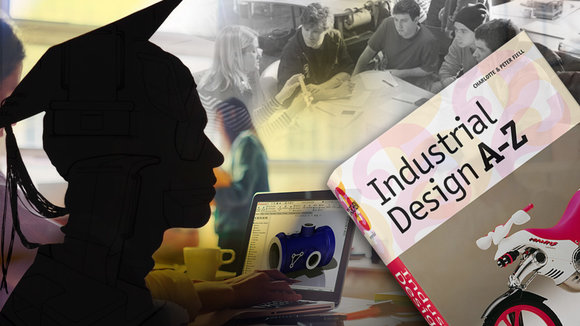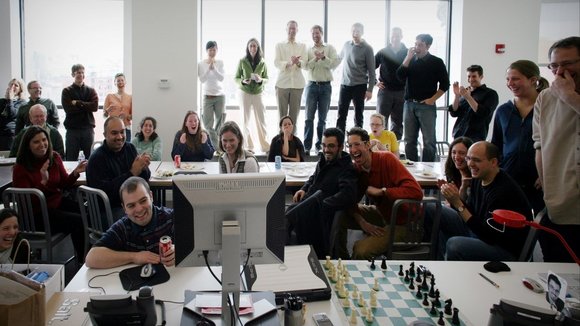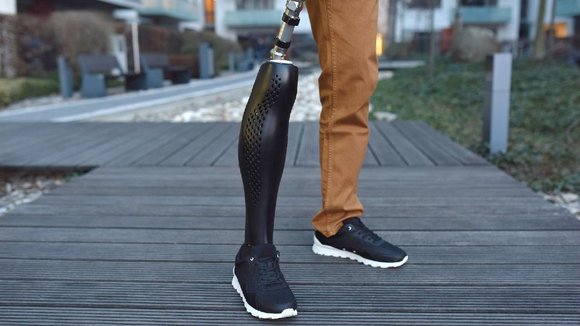1/10
Thinking Of Studying Industrial Design?
Studying design at University is a big decision. I was invited to give a talk at the V&A Museum in London to share my thoughts on design as a career path with students who are currently weighing up their options, as there are a lot of reasons why it’s a great subject to study. If you are coming to the end of high school and it’s something you are thinking about, this post is for you.
If coursework wasn’t your thing at school, and you preferred exams – a degree in Industrial Design may not be for you. It’s mainly project-based. In a lot of subjects, it can be highly theoretical. However, if you study design you will be identifying and creating solutions to real-life problems. All good design schools run live projects with established brands. If you’re good, you can expect to be presenting your solutions to Design Managers of global brands by your second year. On another note, presentations are something you will be giving A LOT. My point is – it’s highly practical and it’s REAL from day one. Aiming to solve real problems for real people, improve quality of life and help grow businesses through innovation. It’s meaningful and you’ll take pride in the work you do.
When you study Industrial Design and get deep into a project, you immerse yourself in research of a specific area. You study the market, analyze user behavior, understand consumer perceptions and organize focus groups. You reverse engineer competitor products, research patents and record the opinion of experts. This continues in more depth for projects in industry, and it’s great because you get to learn so much about so many different areas. For me recently, I’ve been learning all about a particular surgical procedure and a new technology that goes with it. It’s fascinating. You will constantly learn about new materials, manufacturing processes and technologies.
For me, Industrial Design was an easy choice because I loved how it brought together so many different skills that I enjoyed. As a designer, you can meet with users and conduct observations, develop the visual language of a product through sketching, build models, refine designs in CAD, do some testing and deliver a client presentation – all in the space of a week. When you mix this across different projects, you get a lot of variation in the work you do and it keeps it exciting. It’s also not the type of job where you are locked in a room by yourself for 8 hours a day. You have very interesting debates and collaborate with lots of different types of people.
One thing I found at University and also in the different design teams I’ve worked with is that you get a diverse melting pot of people – and these characters tend to be quite interesting. Pro-active and driven individuals. Creative go-getters. Self-starters with unique interests. When you get into design, you don’t tend to work with people who hate their jobs. It’s never like that. It’s more uplifting and optimistic. People in design are usually passionate about what they do. Most of them LOVE it. It’s a good environment to be in.
As an Industrial Designer, it’s likely that you will travel to the Far East. I’ve been to quite a few different cities out there now, with trips lasting a few weeks at a time – and I love it. I’m not saying all design jobs offer the opportunity to travel, but it’s highly likely considering the amount of manufacturing done in the Far East and the global nature of business. I’ve traveled abroad for different reasons in different jobs. For research, presentations, testing and for extra resource required in other offices. It’s not a certainty – but if travel is something you’re looking for in a career, then depending on the role, design can offer it.
If you want to be an Industrial Designer, then you really need to study design or engineering. However, don’t think that you’ve just pigeon-holed yourself by getting a Degree in design. I truly believe that studying design gives you a highly sought-after skill set that can stand you in good stead for many types of roles. Perhaps it’s the ‘problem solving’ nature of design. I know people who have studied Industrial Design and gone on to be successful in Marketing, Branding, Business Development, Buying, Sourcing, Compliance, Sales, Graphics, Lighting, Engineering, Web Design, UX Design, Soft Goods Design, Packaging, Retail Design and Recruitment. There is also the opportunity to start your own business developing your own products and taking them to market or setting up shop as a consultancy.
Design has the power to solve meaningful problems for people. If you get into design, you can positively impact people’s lives. You could argue that this impact is more direct for medical projects compared with others – but products of many different types have the potential to bring someone pleasure and value. The things you buy that you love, whatever they may be, had to be designed by someone – and now that someone can be you if you choose this path.
Products can also make things easier for people, and give them more time to do the things that they REALLY want to do. Take a washing machine as an example. Nobody wants to wash clothes by hand. Before the washing machine was designed, people all over the world were spending hundreds of hours doing something they didn’t want to do, and now they can spend that time however they want. This is one example that people can easily connect with. My point is – you can impact the way we live and help shape the world of tomorrow.
For me, design IS the main thing I love, regardless of the subject area of the project. However, if you love cycling, and design comes second to that, then guess what? – someone needs to design bicycles and cycling gear! Design gives you the opportunity to combine your other interests with your work.
The truth is, it’s a competitive game to get into. But don’t let that stop the journey from getting started in the first place. There are so many reasons why it’s an incredibly fulfilling career. If it’s what you like doing the most and it appeals to you, then jump in. Take the first step and get moving. See you at the top!
Nick Chubb is a Senior Industrial Designer at IDC in London, designing consumer products and medical devices for some of the world’s leading brands. He has a 1st Class Masters Degree in Product Design and assesses hundreds of design portfolios each year. He acts as lead portfolio advisor at Arts Thread, and is often invited to give talks at leading Universities on the subject of design. Learn more at
If you wish to take your design portfolio to the next level and land more interviews at the companies you love most, check out Nick’s One-to-One Portfolio Improvement Program. Learn more at
Check out:
发布于2019-02-27
颜色
相关推荐










